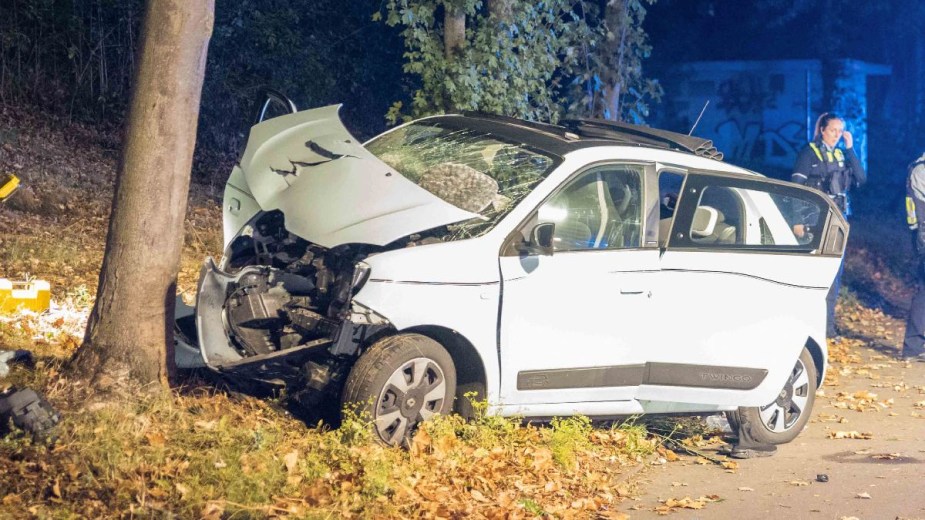
Can a Car Accident Cause PTSD?
A car accident can be an awful experience. In addition to the damage to a car, one can experience severe physical injuries, such as broken bones. There’s another negative consequence of car crashes — and it doesn’t get as much attention as it should: mental health issues, and specifically, post-traumatic stress disorder (PTSD).
Car crashes are the leading cause of PTSD in the United States

According to the American Psychological Association (APA), car accidents are the leading cause of post-traumatic stress disorder in the United States. While many people associate PTSD with military service members that saw action in a war, it can affect anyone that experienced a traumatic event. And one of the most traumatic events that one can experience is a serious car crash.
Each year in the U.S., there are around an estimated six million car accidents, which result in over 2.5 million injuries. According to the National Institute of Mental Health (NIMH), 39.2% of these car crash victims develop PTSD. So, this means that nearly one million Americans develop PTSD each year as a result of a car accident.
The broken bones and other physical injuries that a car accident victim experiences are typically easy to identify. However, as detailed by Verywell Mind and Morris Bart, PTSD often goes untreated. And if left untreated, one is more likely to have PTSD for six months or longer. Also, the psychological trauma from PTSD can have detrimental effects on one’s overall well-being, relationships, and career.
What are the symptoms of PTSD after a car crash?

Following a car accident, it’s normal to have feelings of sadness, grief, shock, guilt, fear, confusion, and helplessness. However, for those that have post-traumatic stress disorder, these emotions persist for a long time. Additionally, they can worsen.
As detailed by Mayo Clinic, there are four PTSD symptom types after enduring or witnessing a traumatic event, including a car accident:
- Intrustrusive memories
- Avoidance behavior
- Negative changes in thinking and mood
- Changes in physical and emotional reactions
For the intrusive memories, a victim might have flashbacks to the car crash or have nightmares about it. With avoidance behavior, the victim avoids people or places that remind them of the accident.
For the negative changes in thinking and mood, one can experience hopelessness, depression, have trouble experiencing positive emotions, or be emotionally numb. They can also be detached from family and friends and have difficulty maintaining close relationships.
And for the changes in physical and emotional reactions, symptoms include overwhelming feelings of guilt or shame, getting easily frightened or startled, self-destructive behavior, irritability, and aggressive behavior. Also, one can have trouble concentrating and sleeping.
Treatment for post-traumatic stress disorder after a car accident
It’s important to seek treatment for post-traumatic stress disorder after a car accident. As mentioned earlier, not doing so can worsen and prolong the symptoms. One should visit a medical professional to find out the best way to address their situation, whether through therapy or medication.
Also, one can educate themself about PTSD, practice self-care, and learn techniques to manage anxiety. As a result of these measures and seeking treatment, car crash victims can hopefully recover from PTSD and go on to live happy and healthy lives.
How to get help: To connect with mental health resources near you, visit the National Alliance on Mental Illness (NAMI) website.


